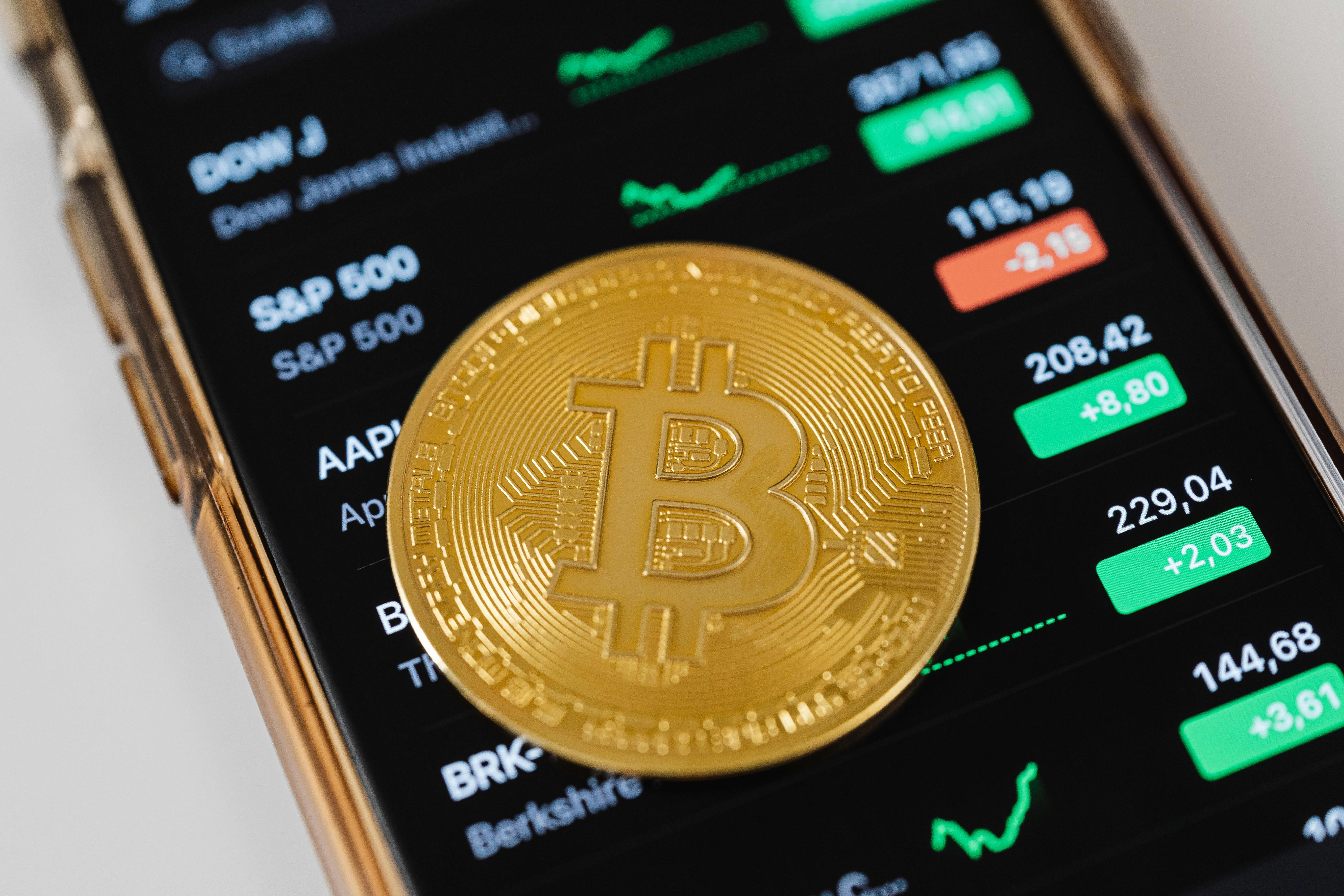
Blockchain in Smart Contract Dispute Resolution: Transforming Legal Frameworks in Decentralized Finance
Blockchain in Smart Contract Dispute Resolution: A Comprehensive Analysis
Understanding the Complex Landscape of Smart Contract Dispute Resolution
In the rapidly evolving ecosystem of decentralized finance (DeFi), smart contract dispute resolution represents a critical technological and legal frontier. Traditional legal frameworks struggle to address the nuanced challenges presented by blockchain-based transactions, creating an urgent need for innovative dispute management mechanisms that can operate efficiently within decentralized environments.
Blockchain technology fundamentally transforms dispute resolution by introducing automated, transparent, and tamper-resistant processes that transcend geographical boundaries. Unlike traditional legal systems, blockchain-based dispute resolution protocols leverage cryptographic verification, immutable transaction records, and algorithmic consensus mechanisms to provide rapid, cost-effective conflict management strategies.
Global Jurisdictional Perspectives on Smart Contract Arbitration
Different jurisdictions have begun developing unique regulatory approaches to smart contract disputes. The United States has increasingly recognized blockchain-based arbitration through emerging legal precedents, while offshore financial centers like the British Virgin Islands and Cayman Islands have demonstrated remarkable openness to blockchain-driven legal technologies.
Comparative Jurisdictional Analysis
| Jurisdiction | Smart Contract Legal Recognition | Blockchain Arbitration Framework |
|---|---|---|
| United States | Partial Legal Recognition | Emerging Federal Guidelines |
| Switzerland | High Technological Acceptance | Advanced Regulatory Environment |
| Cayman Islands | Crypto-Friendly Regulations | Flexible Dispute Resolution Mechanisms |
| Liechtenstein | Progressive Blockchain Laws | Comprehensive Digital Asset Framework |
Technological Mechanisms for Dispute Resolution
Blockchain platforms increasingly develop sophisticated dispute resolution protocols that integrate multiple verification layers. These systems typically involve multi-signature wallets, decentralized arbitration pools, and algorithmic mediation mechanisms that can automatically execute predefined conflict resolution strategies.
Key technological innovations include:
-
Cryptographic Escrow Services: Implementing secure, programmable escrow mechanisms that hold transaction funds until dispute conditions are satisfied.
-
Decentralized Arbitration Networks: Creating distributed networks of qualified arbitrators who can review and resolve complex smart contract conflicts.
-
Automated Mediation Protocols: Developing intelligent systems that can assess contractual breaches and recommend resolution strategies based on predefined rules.
Emerging Protocols and Platforms
Several cutting-edge platforms are revolutionizing smart contract dispute resolution:
Top Blockchain Dispute Resolution Protocols
-
Kleros: A decentralized court system utilizing crowdsourced jurors for resolving digital contract disputes.
-
Aragon Court: Providing decentralized justice mechanisms for blockchain-based organizations and transactions.
-
UMA (Universal Market Access): Offering optimistic oracle-based dispute resolution for complex financial agreements.
Market Trends and Future Implications
According to recent market research, the blockchain dispute resolution market is projected to grow at a compound annual growth rate (CAGR) of approximately 32.5% between 2023 and 2028. This exponential growth reflects increasing institutional and technological confidence in decentralized legal technologies.
RWA.codes: Advancing Legal Technology Solutions
At RWA.codes, we specialize in developing sophisticated blockchain solutions that address complex legal and technological challenges. Our expertise spans tokenization strategies, smart contract development, and comprehensive regulatory compliance frameworks tailored to emerging digital asset ecosystems.
We provide cutting-edge consultation and development services designed to help organizations navigate the intricate landscape of blockchain-based dispute resolution, ensuring robust, secure, and legally compliant technological implementations.